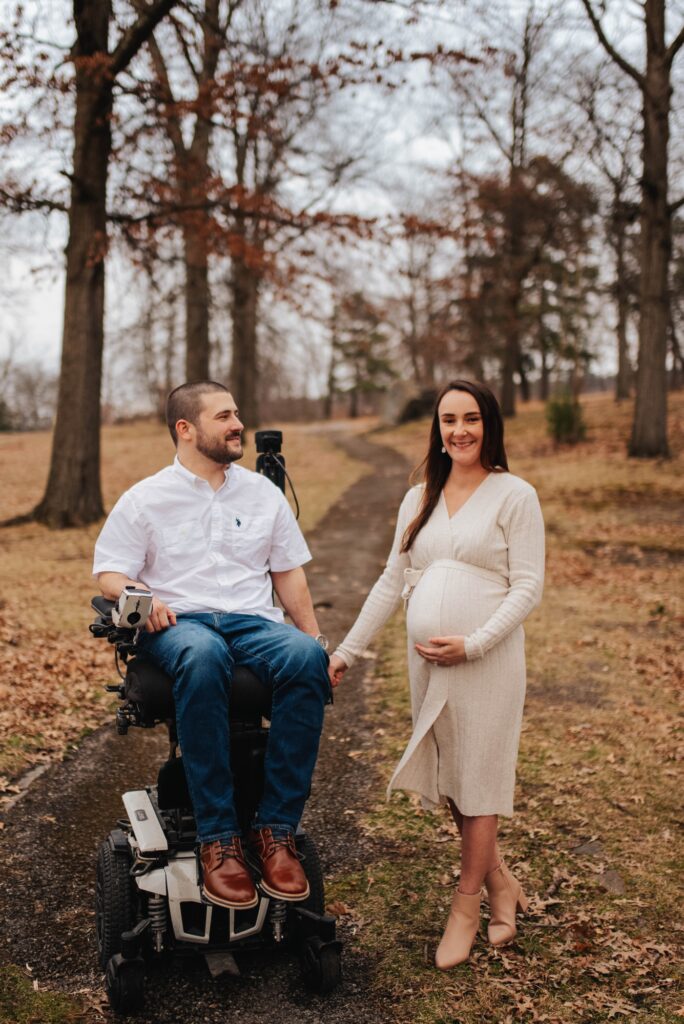Making Progress with Pregnancy,
Infertility, and Intimacy
 Love is in the air and Valentine’s Day is an annual reminder for us to celebrate romance, friendship, connection, admiration, sexuality, and reproductive wellbeing— none of which end with a spinal cord injury (SCI).
Love is in the air and Valentine’s Day is an annual reminder for us to celebrate romance, friendship, connection, admiration, sexuality, and reproductive wellbeing— none of which end with a spinal cord injury (SCI).
For over a decade, the Craig H. Neilsen Foundation has partnered with researchers, who focus on intimacy, infertility, and breastfeeding after SCI, which speaks directly to the Foundation’s vision of a world where individuals with SCI and those who care for them live full lives.
Intimacy and sexual satisfaction are an important part of life that are challenges for many people post-SCI. With patience as well as the help of partners, sex therapists, and healthcare experts, these challenges melt away leading to deeper connections, pleasure, and sensuality.
Intimacy is highest when there’s an emphasis on what the whole body feels, and all the sensations, during intercourse. For many whose sexual sensation is altered by SCI, sensual exploration becomes vital, and some discover different areas of the body become erogenous. Even parts of the body directly affected by the injury can become pleasure zones again, given time, creativity, and practice.
The Neilsen Foundation has partnered with researchers throughout North America, who are committed to the wellbeing of individuals with SCI and fulfilling all their needs.
At the University of Michigan, intimacy research focused on female sexuality includes a trial of nerve stimulation to enhance the sexual experience for women with SCI, while research efforts at Kent State University are investigating how spinal cord injury changes the nerves controlling the reflexes that undermine important sexual functions in men.
Meanwhile, at the University of Miami, studies focus on semen and impaired sperm cell function, which often results in infertility. Researchers have spent decades studying cost-effective and less invasive ways to help infertile men with SCI become biological fathers.
Another innovative reproductive health project focuses on the psychological needs for women with SCI, who are thinking about or planning a first pregnancy. A tool being developed at the Shirley Ryan AbilityLab presents information about possible health issues and questions for women to consider, to better equip them with information and readiness to make this life-changing decision.
For new mothers with SCI, a team at the University of British Columbia is studying lactation and breastfeeding challenges, such as child positioning and issues related to engorged breasts, for new mothers with SCI, and seeking solutions. These findings are being shared with health professionals and new moms to help them understand and better manage postpartum.
Among all the science, here at the Neilsen Foundation we understand the importance of connection, intimacy, and the needs of the SCI community, and we remain committed in our goal to fund research, programs, and projects to enhance the wellbeing and quality of life for individuals with SCI. Long live love!